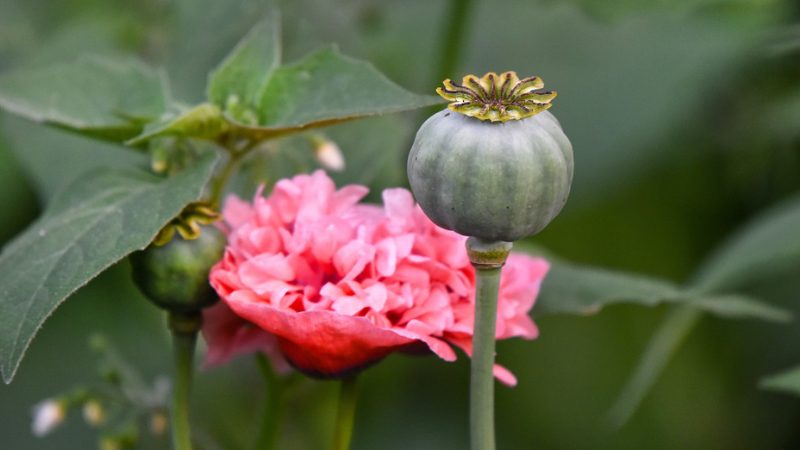Author: Janos Bindics
One of the reasons for this is the current plant-based production of opiate alkaloids, based solely on opium poppy plant (Papaver somniferum). As an agricultural technology, industrial poppy cultivation is inherently affected by pests, diseases, unfavorable weather, drought due to climate change, and requires large areas of land and excessive resources. Therefore, farming-independent technological solutions have been the focus of chemical and biotechnological research. The production of opiate alkaloids has been demonstrated through chemical synthesis and the use of genetically modified microbes. Although these approaches were promising, they failed to revolutionize the current technology of plant-based opiate production due to the high specific costs.
The fact that the transfer of the morphine biosynthetic pathway into microbial hosts failed caused us to reconsider the choice of host. We believe that poppy cells are the ideal choice as they naturally contain all the genetic information required for morphine synthesis. Therefore, we set out to elucidate the regulation of alkaloid production in poppy plants and use the information obtained to enable the production of morphine and other relevant opiates in cultured, genetically engineered poppy cells.
Ref:
1 – The Lancet Commission report. Lancet 391, 1391–1454 (2018).
Picture credits: Pixabay
